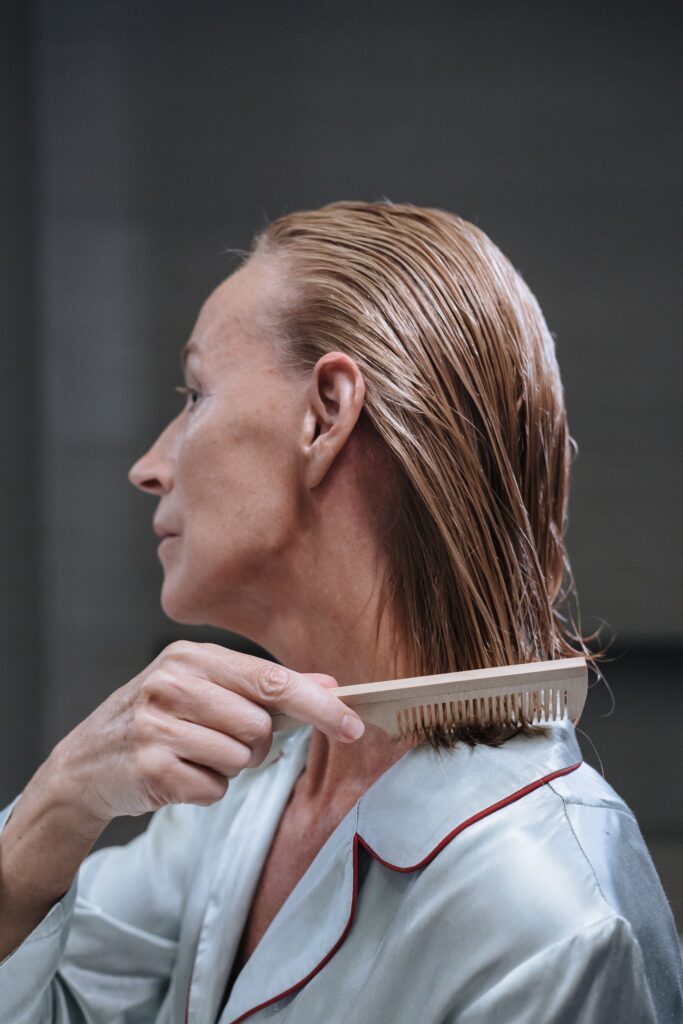`Verbos Reflexivos y sus pronombres´
A reflexive verb is the verb which action affects directly on the subject.
It is important to remember that reflexive verbs are used together with a reflexive pronoun. These are: me / te / se / nos / os / se



Let’s have a look a some simple examples:
- Me visto – I get dressed
- Nosotros nos lavamos – We wash ourselves
When the action refers to some part of ourselves then we don’t need to include the possessive article because we are already mentioning that the subject is us. Example:
- El se lava los dientes -He brushes his teeth (we don’t include the possessive article his but the indefinite THE)
- Yo me corto las uñas –I cut my nails (we write ‘the nails’, instead of ‘my nails’)
Included in this type of sentence would be the reciprocal use. This means when there is plural subject which does the action to each other. Number and person subject is expressed as well in the pronoun. Example:
- Luis y yo nos abrazamos – Luis and I hug each other
- Ellos se llaman todos los días – They phone each other everyday
Secondly, there is a use of reflexive verb in order to change the meaning of a verb in a sentence. Best way to understand this is with few examples.
- Sara queda con su amiga en el parque – Sara meets her friend at the park -this is a non reflexive sentence. Quedar means to meet
- Este vestido me queda bien – This dress suits me well -this is a reflexive sentence used to give a different meaning to the verb. Quedar means to suit.
- El director acordó con el sindicato cerrar el lunes – The director agreed with the union to close on Monday -non reflexive sentence. Acordar means to agree
- No me acordé de coger las llaves – I didn’t remember to take the keys -reflexive sentence. Acordarse means to remember
There are some verbs which are always used in a reflexive sentence: arrepentirse (to regret)
Below is a list of common verbs that are used as reflexive verbs in Spanish:
| poner (to put) | ponerse (to wear/dress) |
| sentar (to sit) | sentarse |
| vestir (to dress up) | vestirse |
| levantar (to lift) | levantarse (to get up) |
| bañar (to bath) | bañarse |
| cepillar (to brush) | cepillarse |
| duchar (to shower) | ducharse |
| lavar (to wash) | lavarse |
| quitar (to take off/remove) | quitarse |
| despertar (to wake up) | despertarse |
| acostar (to lay down) | acostarse |
| enfardar (to annoy) | enfadarse (to get angry) |
| mirar (to look) | mirarse |
In this other table you can check the articles used for reflexive sentences
| Subject | direct complement | indirect complement | Prepositions used | reflexive particle |
|---|---|---|---|---|
| yo | me | me | a, de, para, mí | me |
| tu | te | te | a, de, para, ti | te |
| él, usted | le,se | le/lo | a, de, para, él, ello, usted, sí | se |
| ella, usted | le, se | la | a, de, para, ella, ello, usted | se |
| nosotros/as | nos | nos | a, de, para, nosotros/as | nos |
| vosotros/as | os | os | a, de, para, vosotros/as | os |
| ellos, ustedes | les, se | les/los | a, de, para, ellos, ustedes, sí | se |
| ellas, ustedes | les, se | las | a, de, para, ellas, ustedes, sí | se |
con + mi = conmigo
con + ti = contigo
con + si = consigo
Visit Grammar menu for more content.